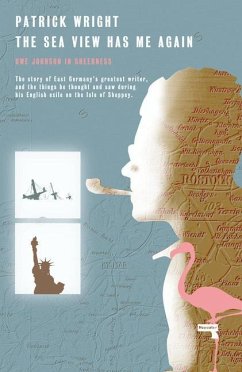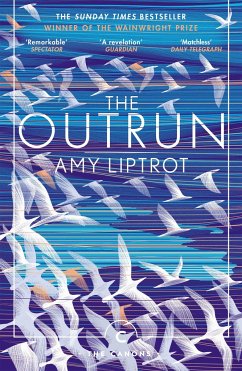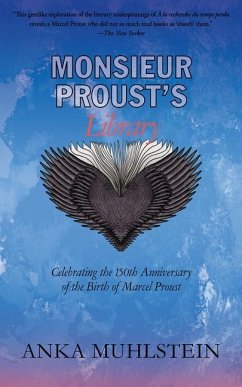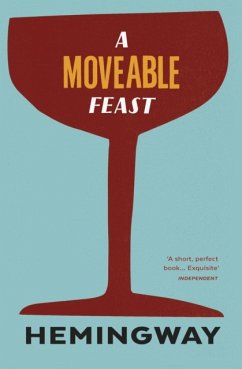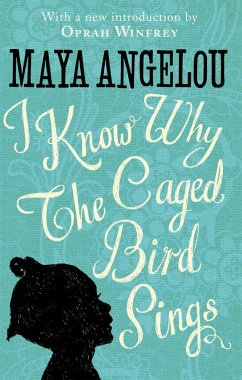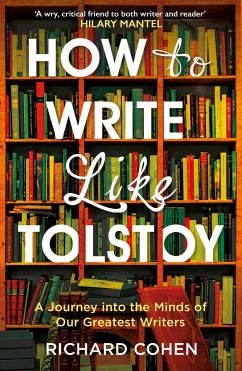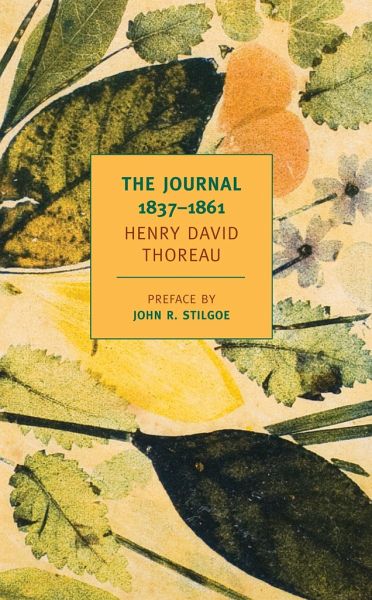
The Journal of Henry David Thoreau, 1837-1861

PAYBACK Punkte
17 °P sammeln!
Henry David Thoreau's "Journal" was his life's work: the daily practice of writing that accompanied his daily walks, the workshop where he developed his books and essays, and a project in its own right--one of the most intensive explorations ever made of the everyday environment, the revolving seasons, and the changing self. It is a treasure trove of some of the finest prose in English and, for those acquainted with it, its prismatic pages exercise a hypnotic fascination. Yet at roughly seven thousand pages, or two million words, it remains Thoreau's least-known work. This reader's edition, the largest one-volume edition of Thoreau's "Journal" ever published, is the first to capture the scope, rhythms, and variety of the work as a whole. Ranging freely over the world at large, the Journal is no less devoted to the life within. As Thoreau says, "It is in vain to write on the seasons unless you have the seasons in you."
Henry D. Thoreaus Hauptwerk ist nicht 'Walden' oder 'Über den zivilen Ungehorsam', sondern sein Tagebuch, das er als 20-jähriger begann und bis wenige Tage vor seinem Tod 1861 führte. Darin notierte er Beobachtungen, die zu den bedeutendsten Naturschilderungen der Weltliteratur zählen, aber auch Gedanken und Refl exionen, die ihn als ganz eigenständigen philosophischen Kopf erkennen lassen. Durch die Lektüre wird deutlich, dass Natur und Politik wie Zurückgezogenheit und der Wunsch nach gesellschaftlicher Veränderung eine Einheit bilden. Stille, Unabhängigkeit, Antimaterialismus, Armut, Antiprüderie, Askese, Selbstdisziplin und mystische Suche sind neben überwältigend präzisen und gleichzeitig poetischen Beschreibungen des Lebens, der Natur, der großen und kleinen Lebewesen die bestimmenden Themen dieses Werks. Während dieses große Tagebuchwerk in Amerika Generationen von Künstlern und Schriftstellern beeinflusste und heute eine überwältigende Renaissance erlebt, ist es in Deutschland nahezu unbekannt. Unsere Ausgabe lädt ein, dieses Meisterwerk zu entdecken und Thoreau unzensiert zu erleben.





